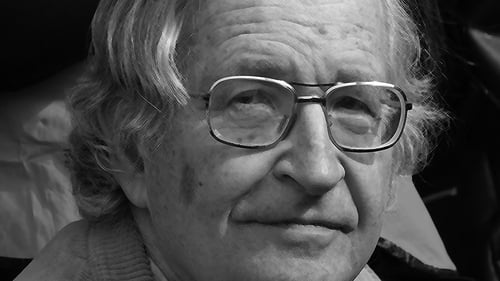
Director of Photography
Documentary about the everyday life of a bicycle courier in Berlin in 1995.

Director of Photography

Director of Photography

Director of Photography

Director of Photography
A film about the noted American linguist/political dissident and his warning about corporate media's role in modern propaganda.

Director of Photography
George Grosz, born on July 26th in Berlin, vicious draftsman and painter of the face of the ruling class, enfant terrible of the 1920s, accused of pornography and blasphemy, was one of the most popular visual artists of the Weimar Republic. Little is known, however, that Grosz spent half of his artistically productive life in the USA before returning to Berlin in 1959.

Editor
George Grosz, born on July 26th in Berlin, vicious draftsman and painter of the face of the ruling class, enfant terrible of the 1920s, accused of pornography and blasphemy, was one of the most popular visual artists of the Weimar Republic. Little is known, however, that Grosz spent half of his artistically productive life in the USA before returning to Berlin in 1959.

Writer
George Grosz, born on July 26th in Berlin, vicious draftsman and painter of the face of the ruling class, enfant terrible of the 1920s, accused of pornography and blasphemy, was one of the most popular visual artists of the Weimar Republic. Little is known, however, that Grosz spent half of his artistically productive life in the USA before returning to Berlin in 1959.

Director
George Grosz, born on July 26th in Berlin, vicious draftsman and painter of the face of the ruling class, enfant terrible of the 1920s, accused of pornography and blasphemy, was one of the most popular visual artists of the Weimar Republic. Little is known, however, that Grosz spent half of his artistically productive life in the USA before returning to Berlin in 1959.




